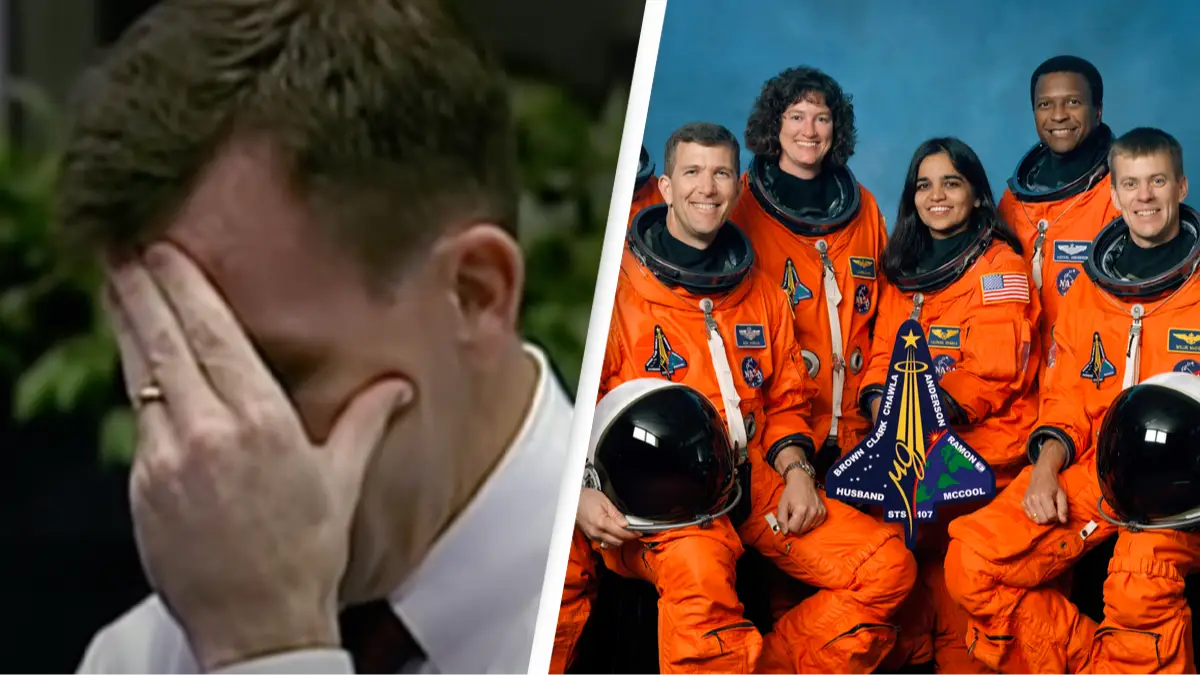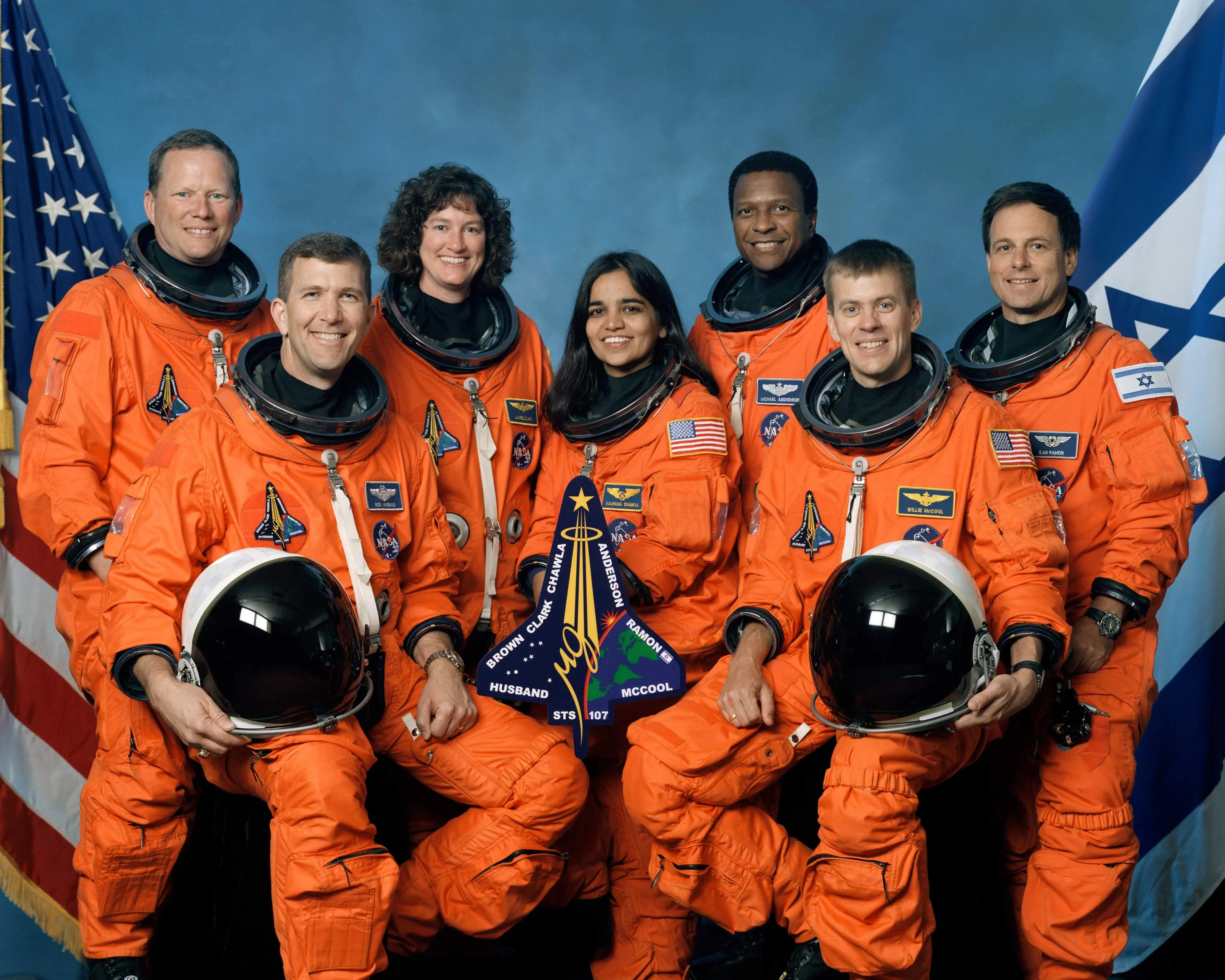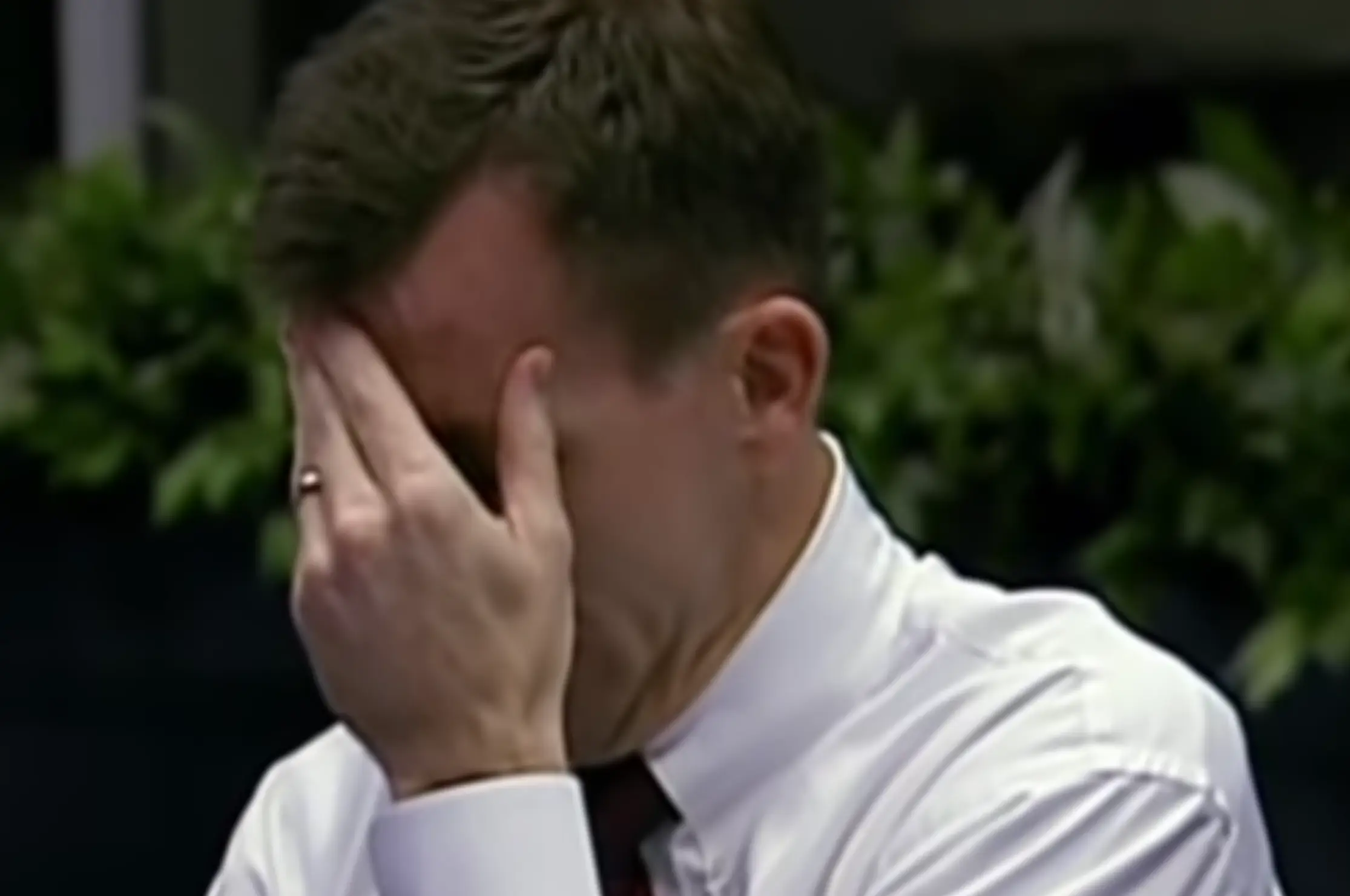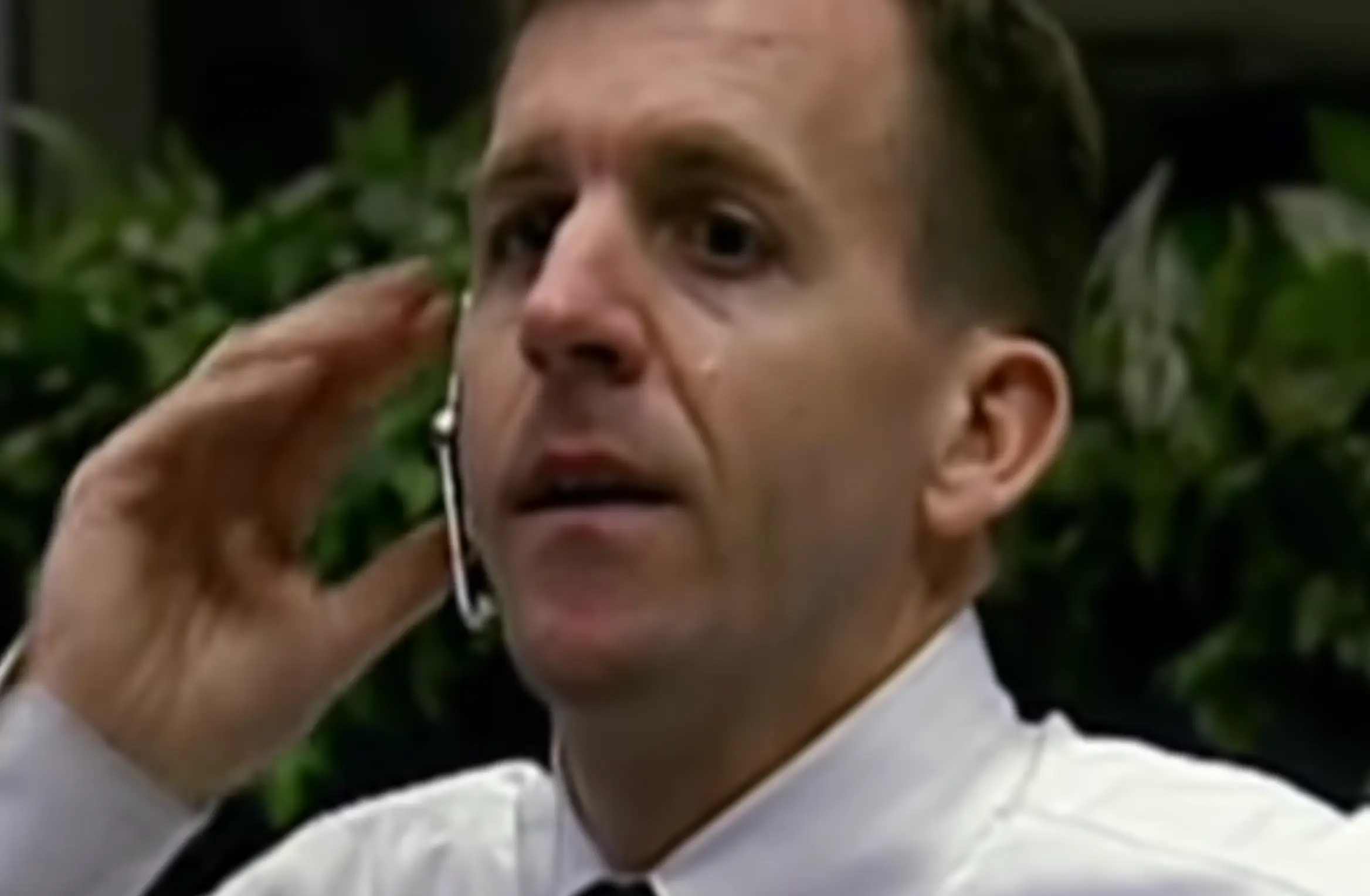
Earlier this year (1 February) marked the 20th anniversary for one of the deadliest tragedies in the history of space travel - the Columbia space disaster.
The spacecraft had launched from the Kennedy Space Center in Florida on X with seven astronauts on board.
However, the craft alongside all seven astronauts never landed, leaving NASA's Mission Control to break into tears after the tragic realization dawned on him.
Advert
Columbia left Earth for the very last time on 16 January 2003, with the seven-strong crew on-board: Rick Husband, commander; Michael Anderson, payload commander; David Brown, mission specialist; Kalpana Chawla, mission specialist; Laurel Clark, mission specialist; William McCool, pilot; and Ilan Ramon, payload specialist from the Israeli Space Agency.
The crew spent 16 days in space before the space shuttle broke up as it returned to Earth 1 February 2003.

An investigation board later determined that a large piece of foam fell from the shuttle's external tank and breached the spacecraft wing, which eventually led to the disaster that rocked the world.
In harrowing footage from the moment the spacecraft broke apart, flight director, Leroy Cain, can be seen attempting to navigate the situation with his coworkers.
Things first appeared to look bad when the maintenance, mechanical arm and crew systems officer, Jeff Kling, reported: "I just lost four separate temperature transducers on the left side of the vehicle."

Cain then asked if there was anything common to the sensors to which Kling said there is not, suggesting a general failure instead of a single system.
Kling later says the craft's landing gear tires had lost pressure with capsule communicator, Charlie Hobaugh, addressing the spacecraft: "And Columbia, we see your tire pressure messages and we did not copy your last."
Hobaugh then commences several radio calls to Columbia which do not receive any response.
Cain then asks when a radar signal was last expected upon which flight dynamics officer, Richard Jones, replied: "One minute ago, flight."

It was at this point where the flight director understood the gravity of what had happened, bringing his hands to his face and shedding a few tears.
He can be heard saying: "Lock the doors," meaning no one could leave mission control until all the necessary data was stored in computers alongside reports and written accounts completed of what they had heard, saw and did during the incident.
"This is indeed a tragic day for the NASA family, for the families of the astronauts who flew on STS-107, and likewise is tragic for the nation," stated NASA's administrator at the time, Sean O'Keefe.